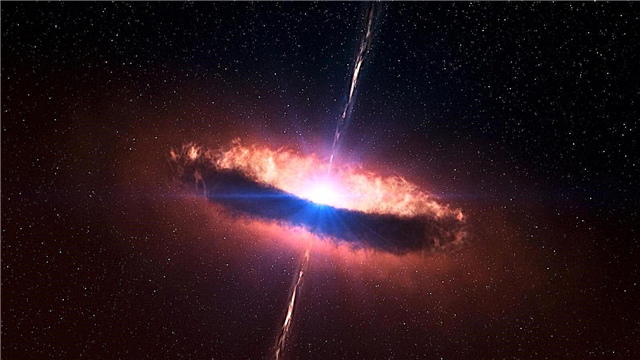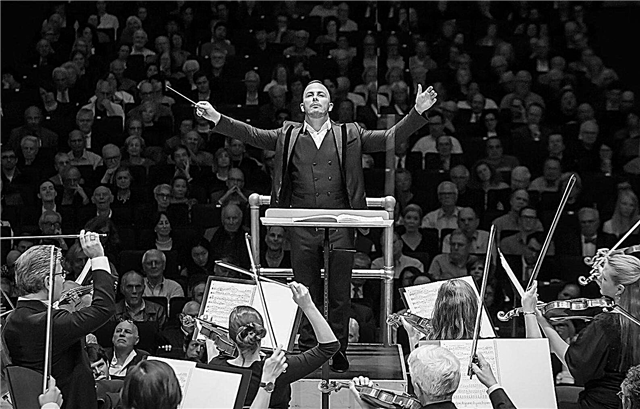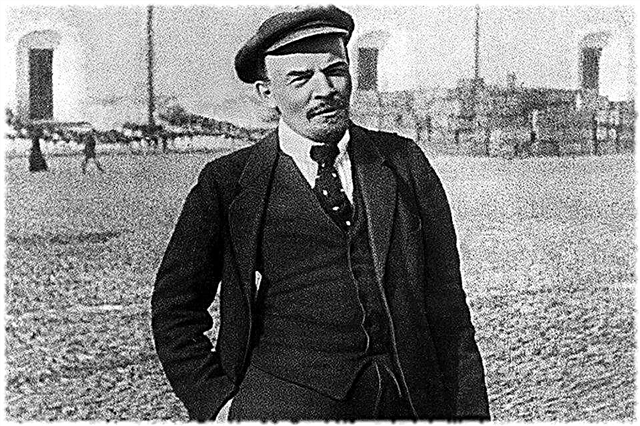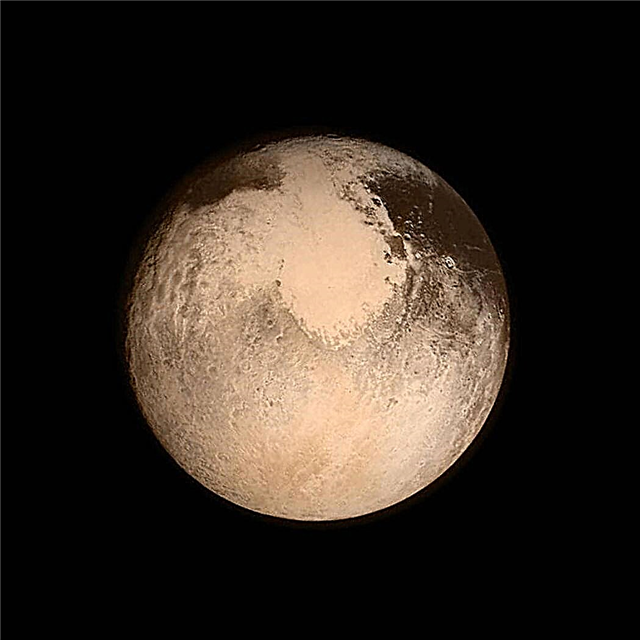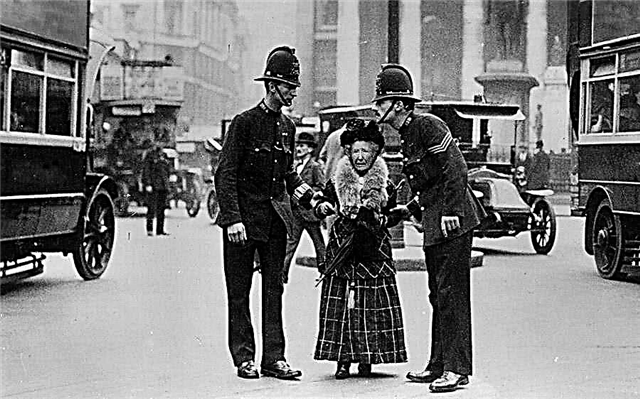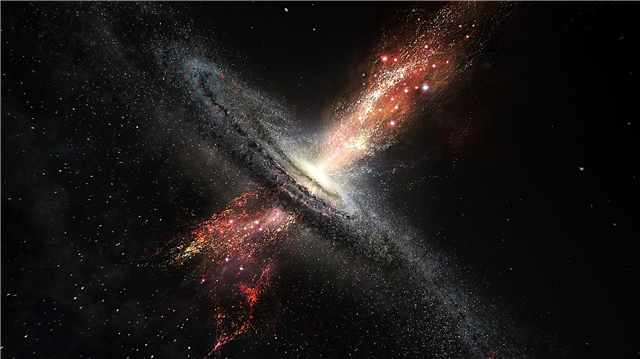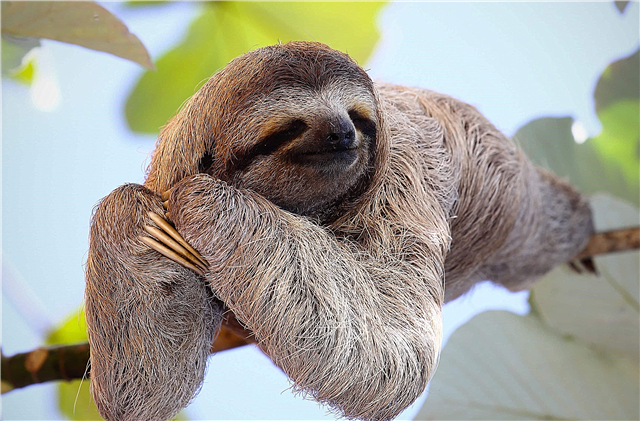
Christmas is a great religious holiday that marks the birth of Jesus Christ, the Son of God in Christianity.
The birth of Jesus Christ is described in the New Testament. The exact date of the birth of Jesus Christ is unknown. The choice of the date of December 25 for the celebration of Christmas was accompanied by various factors: on this day, the winter solstice occurs in the Roman calendar; this is the date that comes 9 months after March 25 - the feast of the Annunciation and the vernal equinox.
In the middle of the IV century, the Western Christian church set the date of Christmas on December 25, which was later adopted in the East. Today, most Christians celebrate Christmas on the same day according to the Gregorian calendar. However, Orthodox Christians in Eastern, Central Europe and other parts of the world celebrate Christmas on January 7, 13 days after many countries of the world (USA, Canada, Australia, Great Britain, etc.) celebrate this holiday on December 25.
Interesting fact: Orthodoxy is one of the 3 largest Christian areas along with Catholicism and Protestantism. In the modern Christian world, the Orthodox Church, as a rule, lives according to the Julian calendar ("old style"), the Catholic Church follows the Gregorian ("new style").
Why Orthodox and Catholic Christmas do not match
Julian and Gregorian calendars
Countries celebrate Christmas at different times because they use different calendars:
- Julian calendar, which in 46 BC. e. introduced the ancient Roman dictator, the great pontiff Julius Caesar. Christian countries have used the Julian calendar since the 6th century. But over time, it turned out that this calendar has inaccuracies: the Julian year was 11 minutes longer than the duration of the solar year. The extra minutes accumulated and, as a result, every 128 days was supplemented with 1 day. After 1.5 thousand years, the calendar lagged behind the tropical year by 10 days, as a result of which, at the end of the 16th century. a new calendar has appeared;
- Gregorian calendarintroduced in 1582 by Pope Gregory XIII. This calendar has become an international civic calendar according to which Catholic Christians still celebrate Christmas Day on December 25th. The Gregorian calendar eliminated the inaccuracy of the Julian calendar and aligned the duration of the civil year with the solar year. To correct the deviation of the Julian calendar from solar time, the head of the Roman Catholic Church, Gregory XIII, missed 10 days in 1582: after October 4, followed on October 15.

The Catholic countries (France, Italy, Portugal, Spain, Poland) were the first to accept the innovation, over time the Orthodox countries also switched to a new calculation of time, however, Orthodox churches continued to use the old Julian calendar to preserve traditions.
Today, the time difference between the old and the new calendars is 13 days: December 25 (according to the Julian calendar) falls on January 7 (according to the Gregorian calendar). This led to a discrepancy in the numbers of Christmas celebrations in different countries of the world.In fact, Orthodox Christians have Christmas Day on December 25, which falls 13 days later than this date in the modern Gregorian calendar.
Christmas in Orthodox countries

Many Orthodox countries still adhere to the traditional Julian calendar of religious holidays. Russia, Kazakhstan, Serbia, Georgia, Macedonia, Ethiopia use the old Julian calendar and celebrate Christmas in early January. Jerusalem Orthodox Church celebrates Christmas liturgy in the Church of the Holy Sepulcher on January 7.
Most Orthodox states use the Gregorian calendar, but observe secular or religious holidays according to the old style. For example, according to the old style, the Old New Year is celebrated (January 14); Orthodox Baptism of the Lord (January 19), in contrast to the Catholic (January 6).
Some Orthodox countries (Albania, Belarus, Moldova, Ukraine) have two public holidays for Christmas - December 25 and January 7. This allows citizens to independently choose the date of the Christmas holiday.
Interesting fact:Christmas January 7 is also called "Orthodox Christmas." However, only 56% of Orthodox Christians in the world (and 7% of 12% of all Orthodox Christians in the world) celebrate Christmas in early January, the rest of them - in late December.

Thus, Orthodox Christians celebrate Christmas on January 7, while most countries celebrate this great holiday on December 25. The liturgical calendar of the Orthodox Church is based on the old Julian calendar, in which the date of the Birth of the Son of God Jesus Christ is set as December 25th.However, in the Gregorian calendar, adopted by most countries of the world, this day falls 13 days later due to a 13-day discrepancy between the calendars. Therefore, according to the Julian calendar, Christmas is managed on January 7th.
Christmas, regardless of the calendar by which the date of the holiday is determined, is a bright holiday for every Christian believer, which is the best time for spiritual unity, celebration of family, religion and kindness. People usually celebrate Christmas at home and attend Christmas church services.

